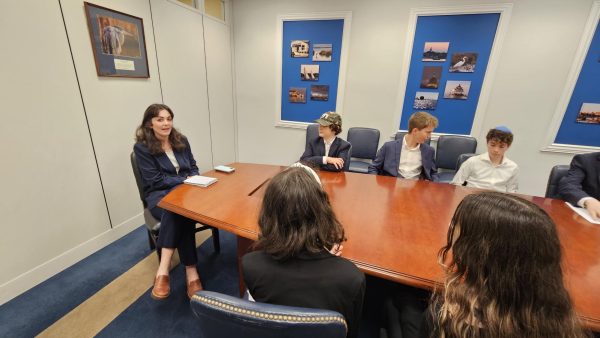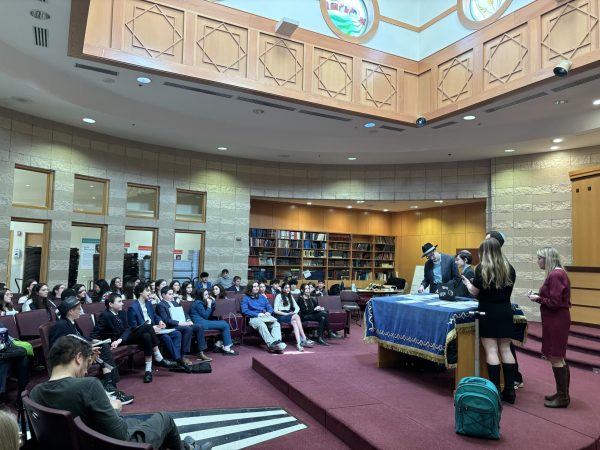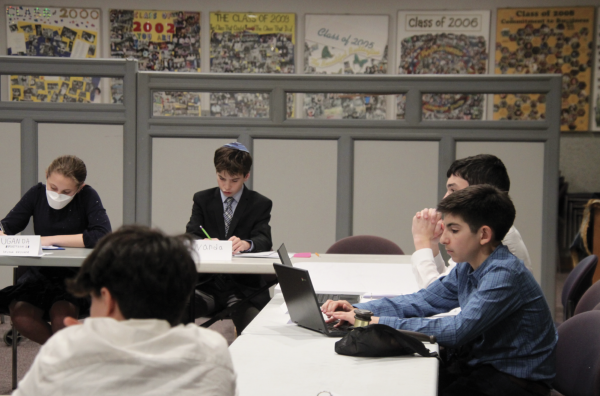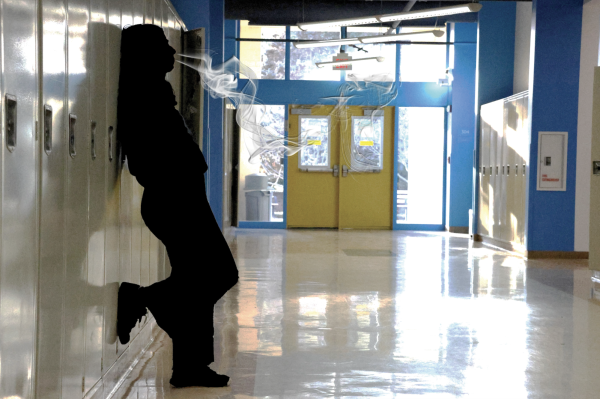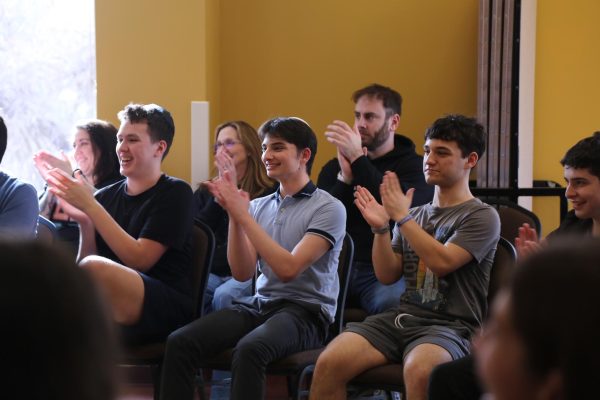Montgomery County Public Schools Cancel Finals, Will JDS Follow?
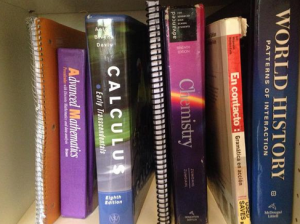
September 17, 2015
On Tuesday Sept. 8, the Montgomery County Board of Education unanimously voted to end final exams in Montgomery County public schools.
“While we can’t control the outside assessments that are imposed on us, we can control the assessments we impose on our kids,” Board President Patricia O’neill said in an interview with the Washington Post.
Finals will be replaced with new assessments such as smaller tests, projects, quizzes and essays. There will still be final exams after the first semester of this school year, the second semester will only have final exams in subjects not tested by state mandated or national tests, the Maryland High School Assessment and PARCC tests. By the 2016-2017 school year final exams will be fully removed from the curriculum.
Currently, CESJDS has no plans to follow the lead of Montgomery County Public Schools and will continue to have finals because many believe them to be beneficial.
According to Academic Dean Aileen Goldstein there are three major values associated with final exams; they are “tailored specifically to the curriculum,” a tool to look at everything learned in the semester from the bigger picture, and to prepare students for college.
Senior Anna Rose Osofsky sees the benefits that can finals provide, but only if the exams are done correctly.
“They can serve as a way to make sure kids retain the info they learn during the year, Osofsky said. “For English and history they can be an exercise in writing essays in a timed environment, and for math and science it’s good practice and if done right the teacher can make the students think, rather than just apply what they’ve already learned.”
However, if done incorrectly finals can be a “complete waste of paper, time, and energy,” Osofsky said.
According to Osofsky a bad final would be only about memorization of the facts learned in the class.
“The point of a final is to see if the kid internalized the class,” Osofsky said. “If the entire final is just memorizing stuff, there’s no point because the kid will forget it.”
Goldstein recognizes some of the faults students associate with finals, such as the amount of time used to prepare for them, and the stress they can provoke in students. However, she thinks that it is up to teachers to help students be ready for them.
“I think if you allow the exam to take over the way you teach, how you teach, and when and what you are teaching, that becomes challenging,” Goldstein said. “In terms of the way we do [final exams] I think that they are more helpful than that, because we are teaching until the end, giving you a little bit of review, but it is not [all] about the exam. [The exam is just] one element of the bigger picture.”









